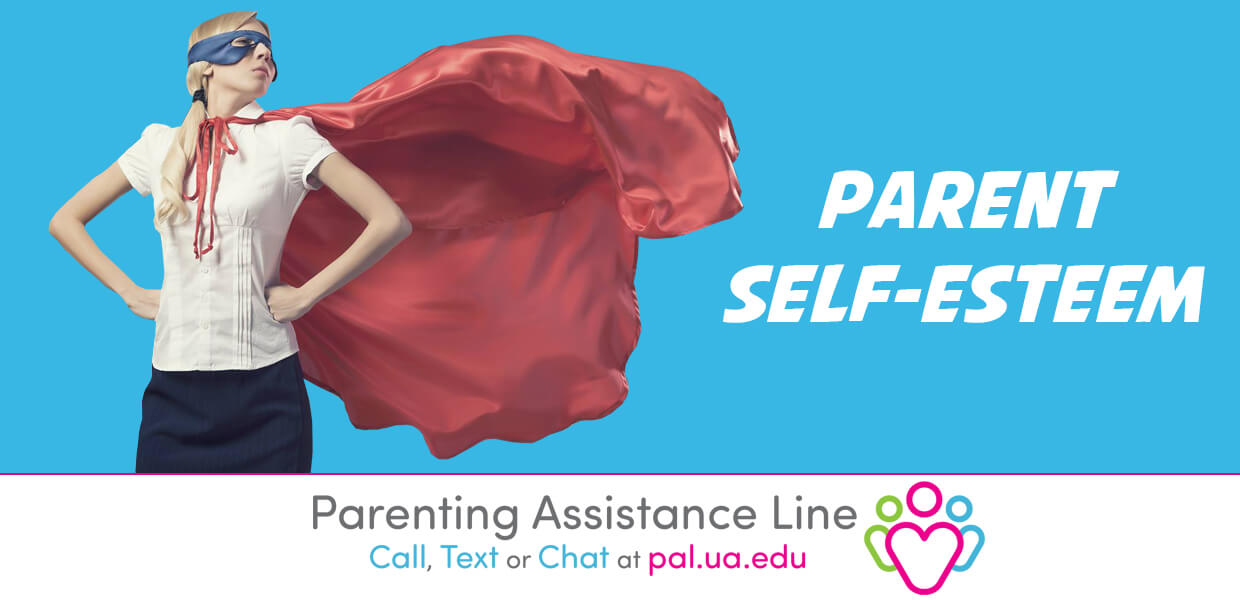Being a parent has never been easy. However, during these hectic, stressed-filled days of the 21st century it can be especially difficult. Our culture places a great premium on providing children with superior educational experiences, diverse extra-curricular activities and material possessions. Although there is nothing wrong with wanting these things for our children, quite often the cost of devoting our entire selves to parenting is the sacrifice of our own identities and personal fulfillment. To be the best parents we can for our children, we must first take care of ourselves. We can’t give to them what we have lost or never had.
Following are a few tips to develop positive feelings of self-worth and self-acceptance:
Let go of the past. All of us have made mistakes. It is part of being human. If you are stuck within the quicksand of guilt and regret, work to free yourself of these fruitless emotions. Apologize for whatever transgression or bad choice you made, learn from it, and move forward. Remember also, you can rise above any hurtful child-rearing practices you may have experienced! You have the power and ability to choose to do it differently.
You are a person as well as a parent. Seek to stay in touch with yourself as an individual. Keeping your sense of self separate from that of your children is not rejection, abandonment, or neglect. When we grant ourselves the right to be individuals, we also give our children the opportunity to define themselves. Retain your interests and hobbies, surround yourself with supportive, accepting friends, and take time away from parenting so you can “recharge your batteries.”
Use positive self-talk:
All of us have a running dialogue of “self-talk” in our heads. These thoughts can be constructive and encouraging-or destructive and critical. As with our children, our words have great power to mold our feelings of self-worth. Make an effort to be conscious of these messages. Affirm your self- worth by speaking positively out loud. Look directly into a mirror and tell yourself good things. This may be somewhat awkward at first, but it will get easier. Try taping encouraging words in obvious places throughout your home, and talk yourself through difficult situations using phrases such as, “I am strong…I can do this….I am capable.”
Nurture your dreams:
It is easy to forget some of the many aspirations we had before we became parents. We can get so caught up in what we want for our children that we neglect the dreams we once had for ourselves. Setting personal goals with reasonable expectations helps to foster hope and a positive view of the future.
Accept yourself:
Before we can truly love our children unconditionally we must first love and accept ourselves. There are always going to be things we don’t like about ourselves. Some things we can change, some we cannot. It is essential to our development of healthy relationships that we know ourselves intimately, accept who we are, and believe we are deserving of love and respect. When your children observe you valuing yourself, they learn to value themselves.
Define your values and stick to them:
As parents we are frequently bombarded with opinions and ideas from well-meaning relatives, friends, or popular culture. If we feel these beliefs are not right for our family, we have the power to make different choices. Retaining our convictions in the face of opposition will build confidence and strength while setting a valuable example for our children.







